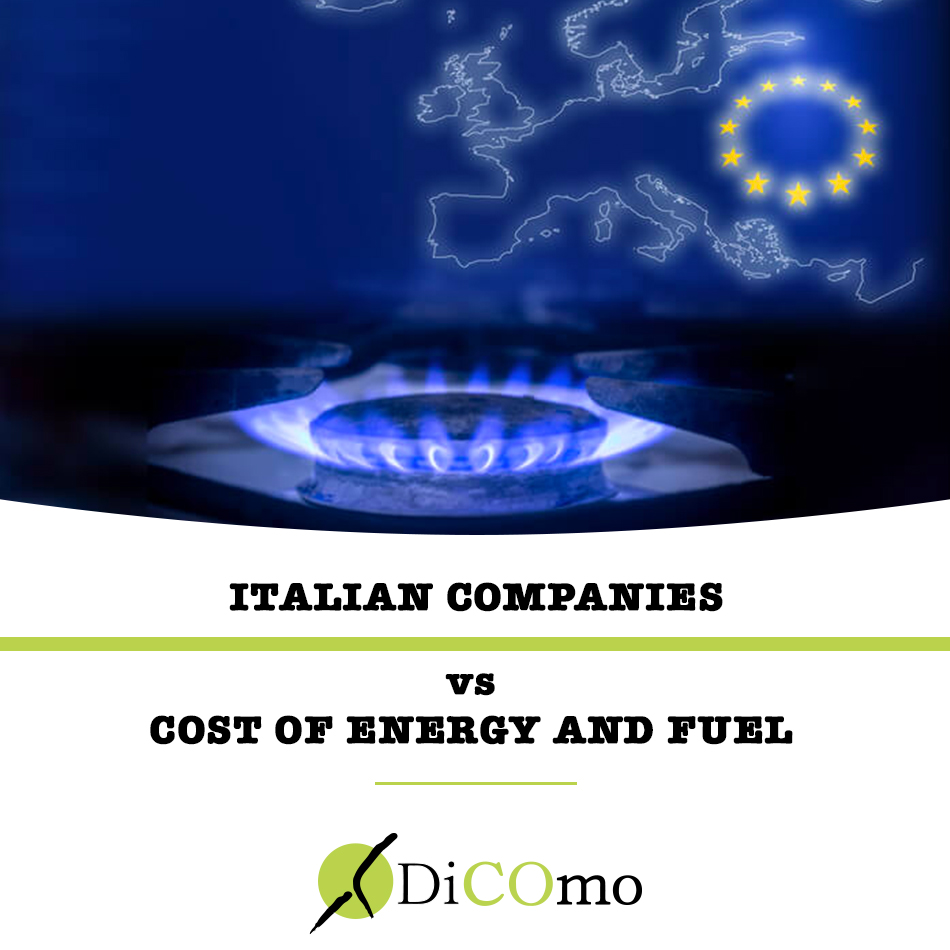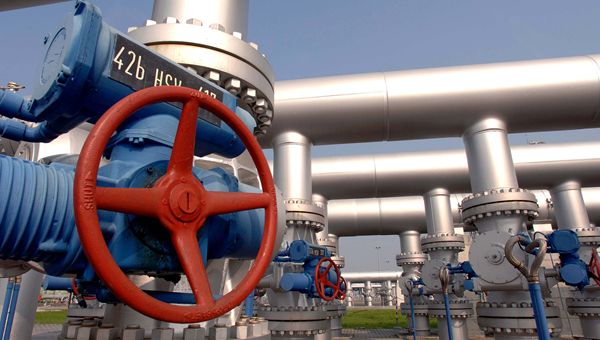
20 Jul Gas Problems
The increase in the cost of energy and fuels has had quite concrete effects on the work of many Italian companies, forced to stop several production lines.
The energy-intensive sectors, which consume large quantities of energy, are the most exposed to price trends: steel and aluminium producers, panels producers, foundries, cement factories, ceramic manufacturers, the glass industry, the paper mills, but also the chemistry and the workshops of the artisans.
By the end of 2021, companies in these sectors had received much higher bills than in previous months and had asked the government for financial support. But the situation has worsened after the Russian invasion in Ukraine not so much because of the expected price increase, but because of their volatility, in other words because of a trend characterized by the alternation between strong growth and rapid drops that aren’t foreseeable.
The first move of many companies has been to limit production to the bare minimum, to slow down in the departments that consume more energy, to ask employees to work even on the weekend, when energy costs less. When it is not possible to do all this, companies have been forced to temporarily close entire lines and ask for layoffs.
The region where most closures have been reported is Lombardy. According to an estimate of the Regional Department of Productive Activities, there are in fact 310 Lombard companies that have stopped production because of energy costs. Some have reopened at least partially while others have tried to restart and unfortunately had to stop again.
All sectors are at risk but for the Italian wood economy, there is the danger of entering even more stormy waters not only on the export front but also for the supply of the raw material itself: price increases and inflation lead to a decrease in the sale of the finished product.

The companies of wood-furniture are in fact working in order to contain and mitigate the risks that these new scenarios could generate even if the most likely post-war scenario for their business, now, is not the brightest… The long-term economic impact could in fact have negative implications because now we are seeing a visible situation of uncertainty and stagnation on the part of customers of both countries since Russia is an important market both for the supply of timber and as a sales area.
There are concerns that the economic crisis linked to the sanctions of these months, will distance us from the most eco-friendly choices because events such as the pandemic or war conflicts never lead to the possibility of reflecting on issues such as sustainability, no matter how important they may be. When you are in an emergency, you are forced to deal with the incidental needs, to ensure the survival of people and activities.
From an energy point of view, however, Italy is trying to make new agreements on the import of natural gas with the aim of reducing energy dependence on Russia and in this way try to lower costs. Italy uses a lot of gas for energy production (42 percent in 2020), importing almost everything (95 percent in 2021), and a large part from Russia (40 percent of gas imports in 2021).
The Italian government has planned to encourage the exploitation of renewable energy sources and to increase the national production of gas. A strategy that also involves buying at least half of the 29 billion cubic metres of gas that Russia bought last year, from other countries. The target could be reached by 2023, also because in the short term it is impossible to do without gas.
In conclusion, this situation of uncertainty and instability is putting a strain on many companies but there is still hope to be able to restart all and, hopefully, stronger than before!


